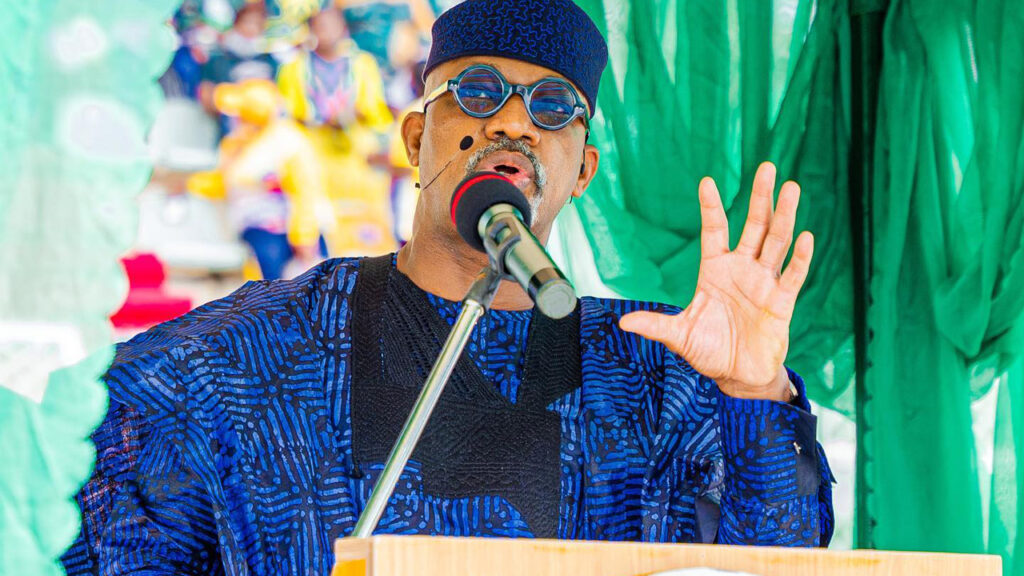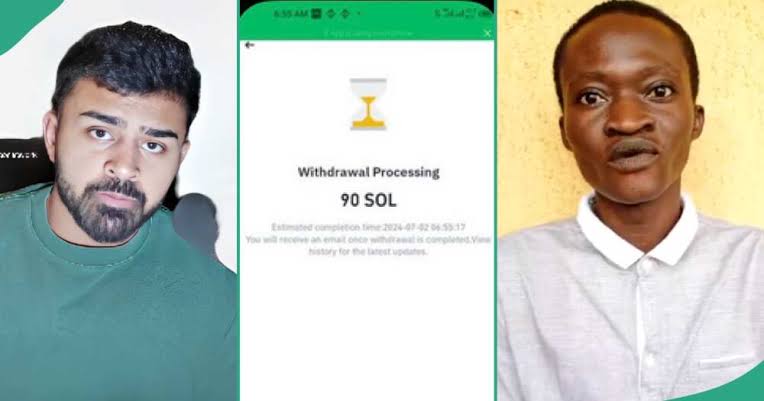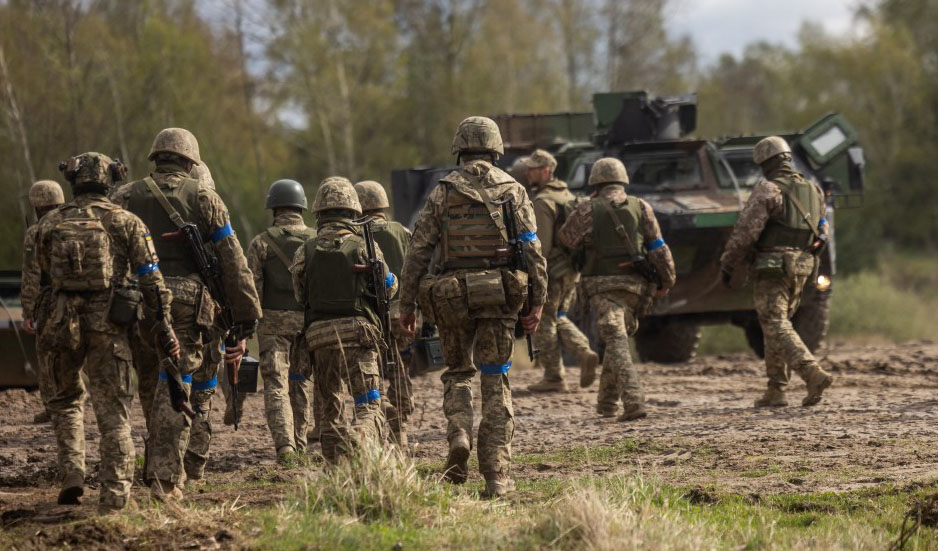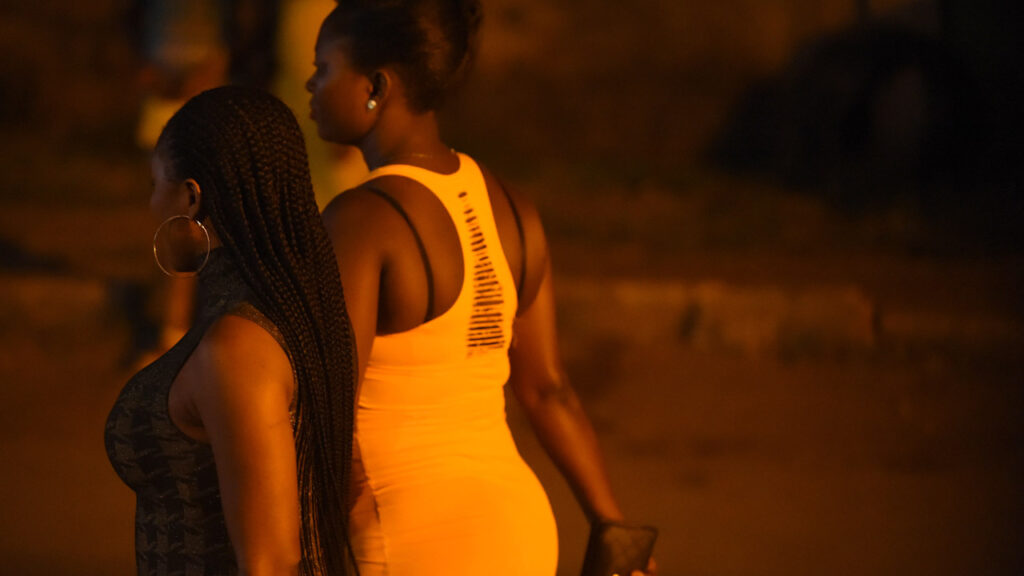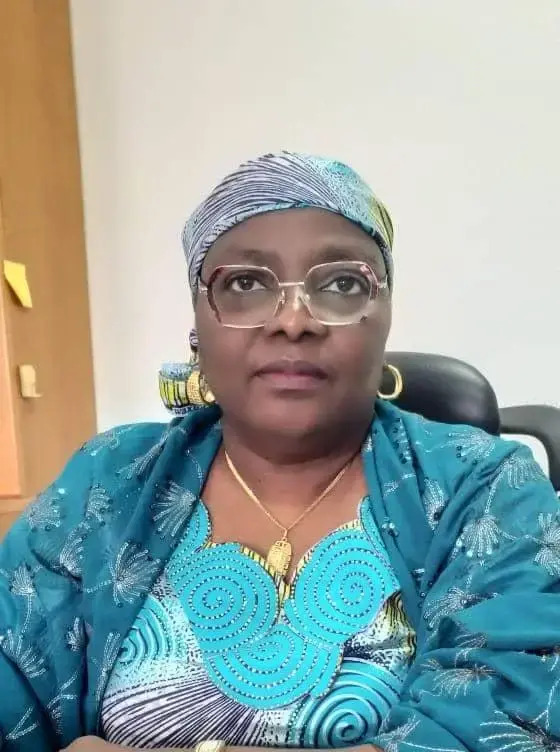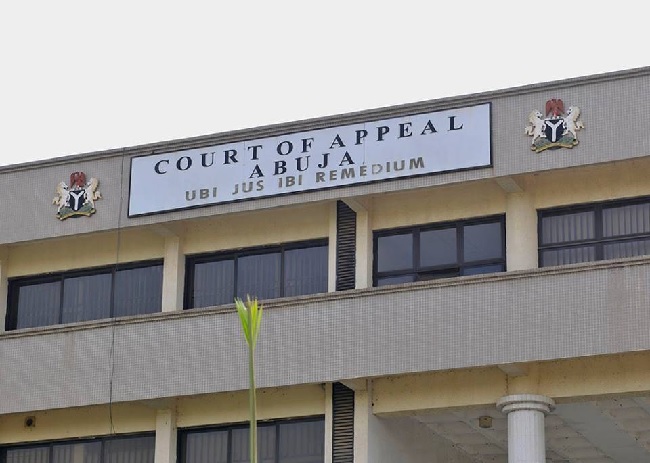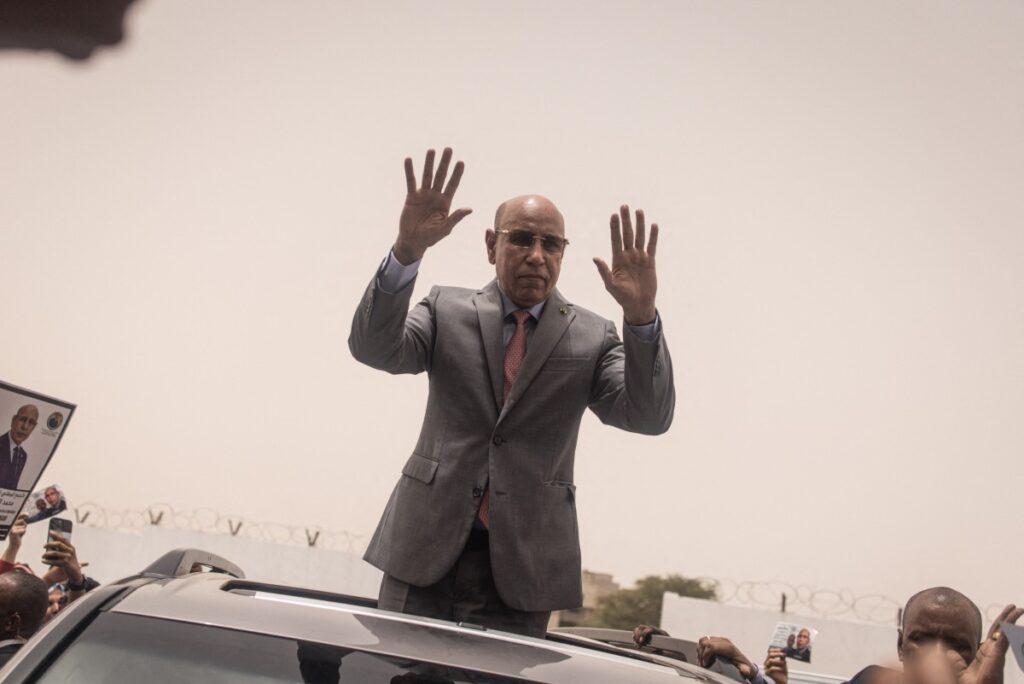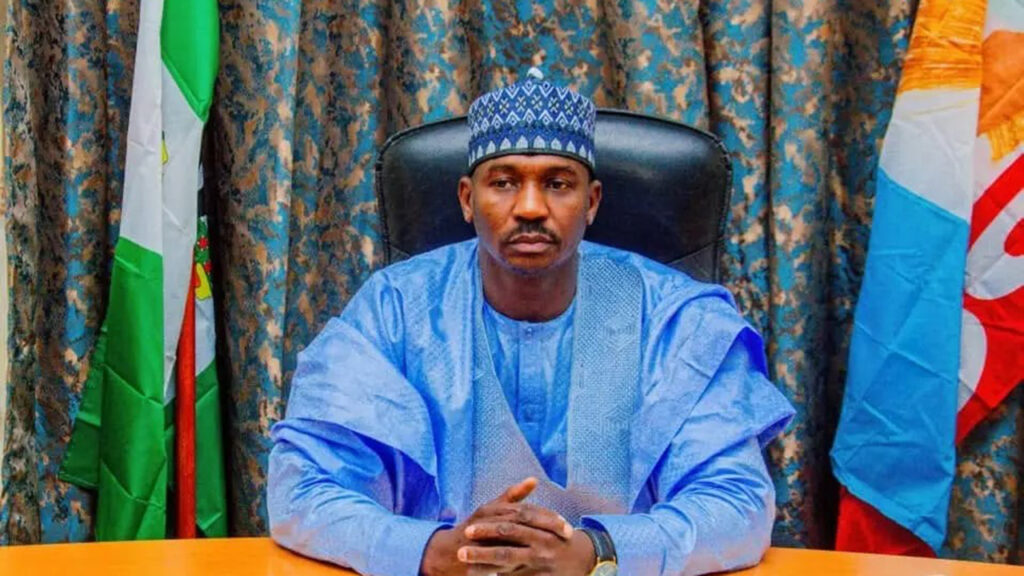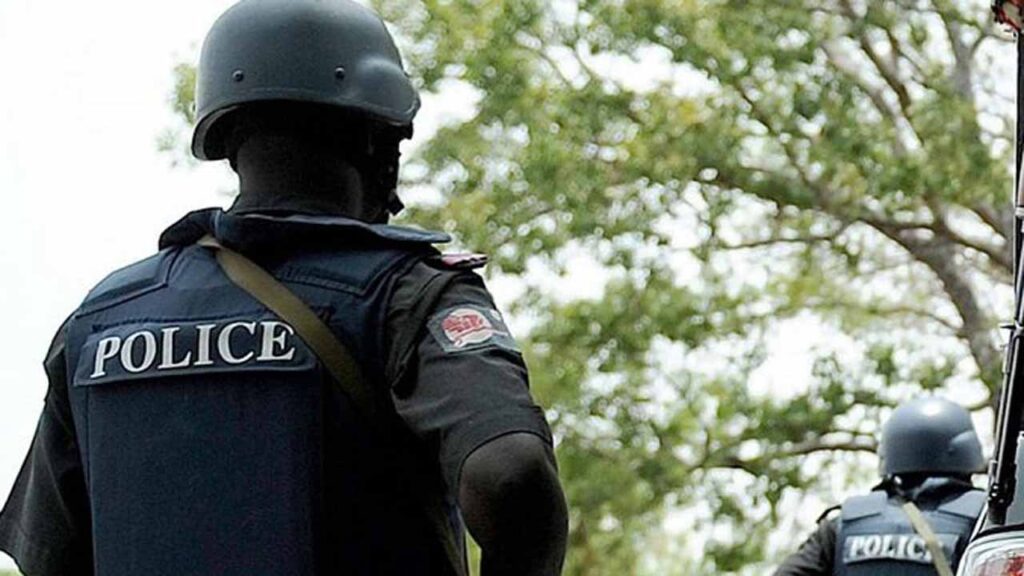Experts in the electrical engineering profession, have warned against the dangers of unethical practices in the industry, harping on the need to embrace all-round professionalism and expertise in the field.
They also stressed the importance of verifying certification of service providers in a bid to reduce the incidence of substandard field installations that can lead to fires and other safety hazards.
The President, Nigerian Institute of Electrical and Electronic Engineers (NIEEE), Engr. Felix Olu, made this assertion in Abuja, at the 16th fellowship conferment ceremony, organised by NIEEE.
He condemned the increasing number of unqualified individuals posing as electrical engineers, adding that “Many people opt to go for the cheapest available options thereby exacerbating the problem due to economic pressures.”
He called on the government to convene a gathering of professionals to seek their input and expertise on policy decisions in the policy-making process.
Olu said: “When inviting someone to do a job, ensure they have the necessary certification. If they bid for your job or call themselves an engineer, ask for their certification.
“If they don’t have it, it means they are not a certified service provider and are likely a quack. By verifying certification, we can reduce the incidence of substandard field installations that can lead to fires and other safety hazards.”
Olu urged the fellows to increase their learning and contribute to the growth and development of the engineering profession in Nigeria.
Guest speaker at the event, Professor James Agajo, stressed the need for engineers to be at the forefront of innovation and technological advancement in Nigeria.
Agajo said: “Everyone here has the responsibility to upskill and address the present challenges. We must work hard to identify and close gaps in our field, ensuring we are well-prepared for the future.”
“It is essential to upskill and recognise that continuous learning is a responsibility in our field. I’ve told many people that they’re fortunate to be in a field that’s in high demand globally, but the question is, how well can we represent ourselves practically and physically?
“So it’s our responsibility as individuals as an institute here, to make sure that we are up-skill to meet up with our contemporaries in other parts of the world about what they are doing.”


